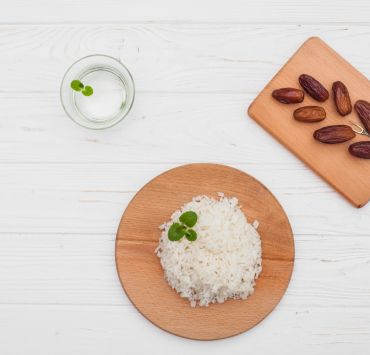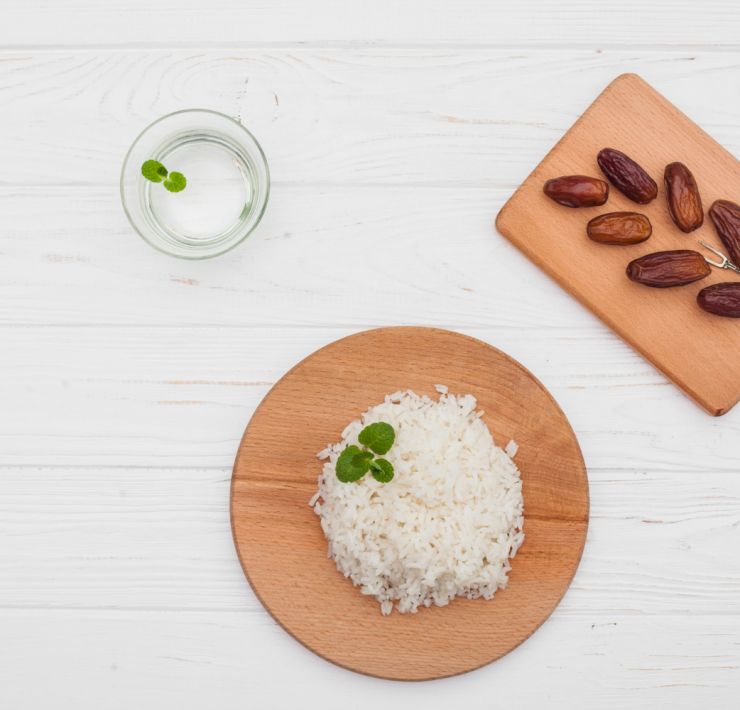How to Calculate Your Calorie Needs for Weight Loss and Muscle Building
- Understanding your calorie needs is a vital step in your weight loss and muscle-building journey.

Embarking on a journey to lose weight and build muscle? Understanding your body’s calorie needs is crucial for success. In this guide, we’ll break down the process in a simple way, empowering you to make informed choices about your diet for effective weight loss and muscle development.
Additionally, we’ll explore how measuring your food helps you know the number of calories you’re consuming per meal.
Table of Contents
Step 1: Find Your Starting Point – Basal Metabolic Rate (BMR):
Your Basal Metabolic Rate (BMR) is the number of calories your body needs at rest. Use online calculators that ask for your age, weight, height, and gender to estimate your BMR, or use the following formulas:
- BMR for men: 10 x weight (kg) + 6.25 x height (cm) – 5 x age (y) + 5 (kcal / day)
- BMR for women: 10 x weight (kg) + 6.25 x height (cm) – 5 x age (y) -161 (kcal / day)
Step 2: Factor in Your Activity – Total Daily Energy Expenditure (TDEE):
Consider your daily activity level to find your Total Daily Energy Expenditure (TDEE). No need for complicated multipliers; use these general guidelines:
- Little or no exercise: BMR x 1.2
- Light exercise (1-3 days/week): BMR x 1.375
- Moderate exercise (3-5 days/week): BMR x 1.55
- Hard exercise (6-7 days/week): BMR x 1.725
- Very hard exercise (2x training or physical job): BMR x 1.9
Step 3: Adjust for Your Goals:
For Weight Loss:
To lose weight, aim for a daily calorie intake of 500-1,000 calories below your TDEE. This creates a calorie deficit, helping you lose about 1-2 pounds per week.
For Muscle Building:
To build muscle, go for a slight surplus. Add 250-500 calories above your TDEE, along with a solid strength training program to stimulate muscle growth.
Step 4: Measure Your Food to Control Calories:
Use a kitchen scale and measuring cups to accurately gauge your food intake. This precision allows you to know the number of calories you’re consuming per meal:
- Proteins (meats, fish, tofu): Measure the weight to calculate protein calories (about 4 calories per gram).
- Carbohydrates (rice, pasta, potatoes): Measure the volume to determine carbohydrate calories (about 4 calories per gram).
- Fats (oils, butter, nuts): Measure the volume or weight to calculate fat calories (about 9 calories per gram).
- Vegetables: Even though low in calories, measuring helps you keep track of overall fiber and micronutrient intake.
Understanding your calorie needs is a vital step in your weight loss and muscle-building journey. Use online calculators for BMR, factor in your activity level for TDEE, adjust calories based on your goals, and measure your food to control portions and know your calorie intake. For personalized guidance, consult with a healthcare professional or nutritionist.
Thanks for reading! We hope this helps you on your journey to becoming a fitter and healthier version of yourself. Don’t forget to follow @naijafitfam on Instagram for more helpful content.



















